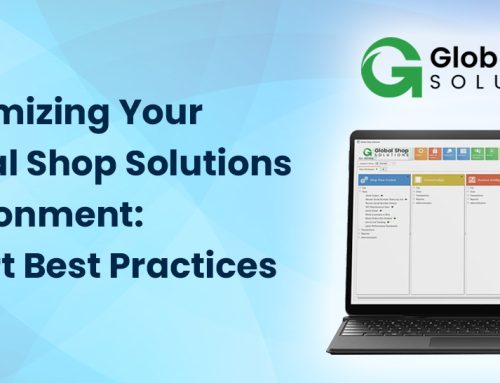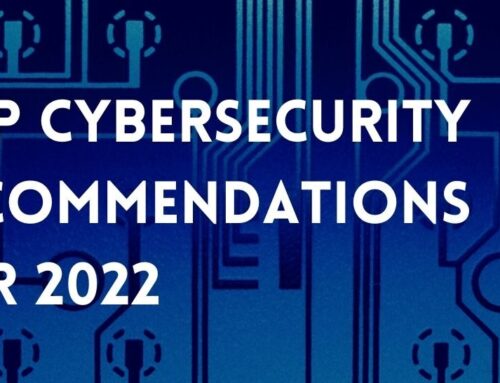Of all professional services relationships a business maintains, the relationship with their Information Technology services vendor is typically one of the murkiest. For a variety of reasons, managing IT remains one of the most challenging. Here are some of the most obvious reasons why the relationship can be confounding:
IT vendors work largely behind the scenes, so there is often little transparency on how much effort or time they spend proactively. The explanations surrounding “why” questions are often described with jargon (engineering perspective) rather than in terms of business results. Business people usually prefer to judge business decisions based on return on investment and risk. IT engineers think of things in bits and bytes, leaving the bottom line benefits of IT investments often unclear to decision makers. The amount of time something takes to complete is difficult to corroborate. Do you know how long it should take to migrate your server or move your mail service, or is the IT Services company learning on your dime? There are too many solutions in the marketplace. With the excess of products available to solve digital problems, it is hard to know if you are being presented solutions that are thoroughly vetted specifically for your business needs, or does it make your vendor the highest margin because it’s easy to implement.
Most business owners are not wired to learn the architecture behind Information Technology anytime soon, nor should they. Trust is imperative to any healthy relationship, so how do you “Trust, but verify” your vendors? “Here are some simple ways to know that you have an honest relationship with your vendor:”
There is transparency with everything they provide your business. Everything.
There is an old saying, “what’s good for the farmer is good for the cow”. If a vendor is earning their way, there should be no hesitation to open the kimono and share the number of tickets and projects they handle for any given timeframe, the amount of time they show for your account, even the amount of margin they make on transactions with your company. You want your IT Services vendor to be profitable, but not greedy. If the vendor is highly profitable, it is much more likely that they will respond to a crisis effectively, and they will continually invest resources into ongoing and intractable challenges like security. If they are greedy, they will exploit your lack of understanding to their benefit. Invoices should be clear and should provide you with an opportunity to simply audit the work they have done and parse out the specifics of the service bundle provided.
They have standardized pricing.
A common adage in business is that 20% of your clients provide 80% of the revenue. This is true for most companies and isn’t inherently problematic. But if your business is part of that 20%, it should be because a vendor provides an extraordinary value, not because they took advantage of you in a time of weakness. Perhaps your vendor contracted with you when you were desperate, following an outage or data loss event. Maybe they have upsold you since the contract inception and your invoice has ballooned with ancillary charges (and no clear explanation). Bottom line, your vendor should be able to demonstrate that they have established a clear MSRP for most of their services. You can negotiate from there, but this ensures that they don’t exploit your vulnerabilities.
The vendor proactively seeks to solve business challenges.
The purpose of technology is to grease the skids for commerce and communication and to ideally provide competitive advantage by increasing efficiencies. In order to get maximum leverage (and ROI) out of your IT investment, your IT Services business partner needs to have a thorough understanding of how your business makes money, how you communicate and your plans for growth. For many (perhaps most) IT vendors, the focus is on either pushing a narrow suite of services that the vendor is familiar with (the same hammer for every nail) or replacing aging equipment with the newer generation of the same solution. If your vendor isn’t proactively educating you on new tools, and clearly articulating the benefits to your business of using them (versus competitive products), then there is a problem. With any solution they present, you should challenge them to provide a verbal case study describing a success story for the solution, and you should not feel afraid to ask for referrals if the project is expensive.
Does your technology partner consistently deliver on these three points? If they don’t, or you would like to consider a different approach to managing your Information Technology, please contact Upward Technology today.
Upward will help you leverage your technology to build a better business.







Leave A Comment